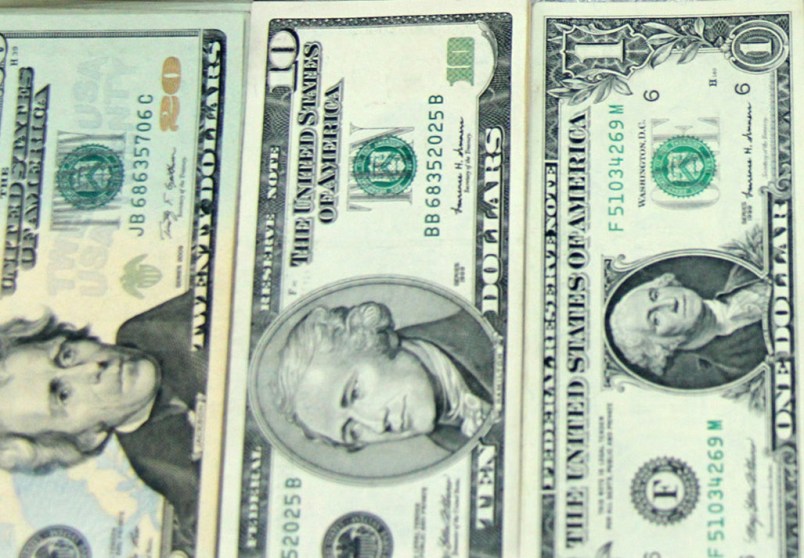Over the years, both as an observer of politics and as a publisher, I’ve seen numerous cases where a big advocacy campaign comes together which clearly lacks the ability to spend all the money it’s raised. You’ll see adds run in California against a politician from New York. Or you’ll see TV spots running in time slots or on shows that are totally unrelated to the target demographic. Most campaigns – whether they’re advocacy, election campaigns or branding – are never lucky enough to have this problem. But the amount of messaging or advertising you can do or buy on any given topic is finite. You can so saturate a given market or audience that you not only move past a point of diminishing returns but actually run out of things to buy. That was clearly the case in what has turned out to be the colossal failure of the many tens of million dollar campaign to stop the Iran nuclear deal.
It’s not just that the antis lost. It’s not even just that they apparently had no idea or made no contingency plans for the possibility they could lose this decisively or this early. They also raised and tried to spend far more than it was possible to spend with any hope of affecting the outcome. And they certainly knew that was the case.
AIPAC spent almost $30 million on lobbying against the deal and arguably turned four Democratic Senators – but in point of fact at least two of those four and quite possibly all four of them would have voted no even if AIPAC had sat out the fight. In other words, they didn’t just lose. They got jack for their money – one of many reasons they’re now attacking Netanyahu for screwing the pooch with his March speech.
But it’s not just AIPAC. There were a slew of front groups spun up to oppose this deal even though the chances of scuttling it were dubious. The folks who ran those groups clearly soaked up a lot of dumb money the owners of which didn’t know that their dollars were almost certainly going to be wasted. Again, not just because the odds were long. These folks would have spent even on long odds – but because they were raising amounts of money that were just much more than could be spent.
Now a lot of those folks are seeing their scare ads still running or only ramping up after the whole thing is over. For whatever else we can draw from this, a lot of hard right DC operatives effectively swindled a bunch of billionaire oligarchs out of quite a nice chunk of money.






